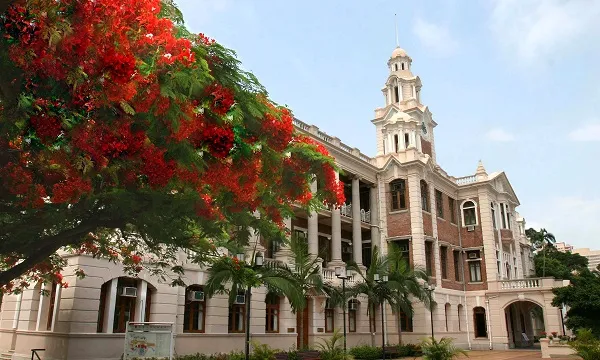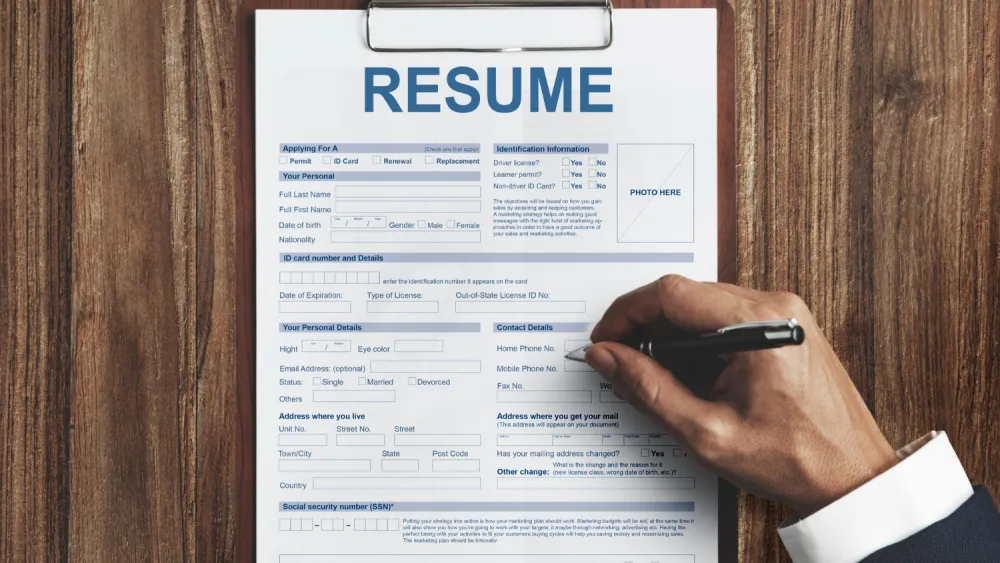
MBA providers turn to online schooling following pandemic
Many universities have closed their campuses amidst the double whammy of protests and COVID-19.
In this year’s MBA Programme Rankings, the University of Hong Kong (HKU) emerged with the largest MBA programme, with a student population of 315. It is followed by the Chinese University of Hong Kong (CUHK) MBA with 215 students and The Hong Kong Polytechnic University (PolyU) MBA with 188. Rounding out the top five are CUHK MBA in Finance and the Hopkins Training & Education Group’s University of Northern Iowa MBA, with 140 and 116 students, respectively.
In total, the student population of Hong Kong’s top MBA programmes fell 10.13% to 1,651 in the 2020 rankings, compared to 1,837 in 2019. Hong Kong’s economy tumbled into its first contraction since the 2019 Global Financial Crisis, with the GDP declining 1.2% YoY in 2019, as industries in the city reeled amidst months of social unrest. The massive upheaval escalated to the nearly two-week siege of the PolyU that resulted in extensive damage to its campus.
Yet it did not end there. The year 2020 saw the outbreak of the COVID-19 infection right off the bat, and this has since disrupted business operations across the globe. With the city facing this double whammy, many schools, including universities offering Master of Business Administration (MBA) programmes, had little choice but to forego face-to-face schooling. The Education Bureau (EDB) has already ordered all schools—including kindergartens, primary schools, secondary schools, special schools and private schools offering non-formal curriculum—to suspend classes until 20 April at the earliest.
Schools like HKU have suspended all classes. PolyU also said in a notice that it is unlikely for face-to-face teaching to resume in the university any time soon. “All the universities in general have been affected. We were mostly spared although Festival Walk was closed down and we had security guards at our gates. Mainly, it made students wary but in general, life continued,” a spokesperson from the City University of Hong Kong (CityU) told Hong Kong Business.
Confirming the decline in student count amongst the top MBA programmes, The Chinese University of Hong Kong Business School Associate Director (e-learning) of MBA Programmes Andrew Yuen shared that there have been challenges in student recruitment this year, with prospective students postponing their application due to the current uncertainties.
The macroeconomic situation also threatened job opportunities for new graduates. “Given the regional and local job market being under great pressure, it also posed threats to recent MBA graduates,” Yuen added.
Going online
With their scheduling affected, MBA providers like CityU had to conduct make-up classes for students to catch up with the programme. To minimise the effects of the outbreak on schooling, some have resorted to holding classes through online teaching and instruction.
A spokesperson from the HKU Faculty of Business and Economics found that advancements in online delivery have gone far enough that students could interact with the professor and with each other, in a more participative way than if they held classes in person. “We’ve had to adapt quickly to the changing situations. We were affected by the closure of our campuses, but we’ve very rapidly adopted new technologies to allow for remote teaching, to allow students the flexibility to study from wherever they want,” they said.
Likewise, some of CityU’s staff have been keeping in touch with individual students who are doing assignments and tasks, taking the opportunity to catch up and checking to make sure that everything is alright. It noted that a lot of the non-local students have been confined in their hometowns, and are unable to come back to classes yet, but are at least coping with a lot of online courses and processes. “With COVID-19, this has put us on edge but with online classes, we are coping with the classes and the interaction with the students,” CityU said.
Beyond classes, HKU has also been engaging with companies and doing virtual presentations and sessions. On the other hand, CUHK has also been putting in place some additional efforts to keep in touch with their students, including online consultation and admission talks.
Communication challenges
With their MBA programme emphasising class interaction and peer-learning environment, Yuen finds keeping a level of student engagement in an online setting to be a challenge. “In particular, group discussion and in-class work may not be as effective as in the classroom. It is also noted that students may easily be distracted from their own environment,” he said.
To address this issue, he recommends teachers to adopt a so-called Flipped Classroom Approach, where students do their part in preparation, which includes self-learning for basics, as well as activity-based learning like case discussions. Debate and games will also be carried out in online meetings. “Different from lectures, students are found more engaged in those activities in the online meeting,” Yuen noted.
Their programme is also giving further technical support for their lecturers, such as shooting and instructional design, with the goal of enhancing the teaching quality for online classes.
Weathering the uncertainties
Despite these uncertainties, HKU is confident in the remaining demand, with local companies still out looking for top talent. “Uncertain and volatile times like these also often spur waves of innovation and creativity. We might not be able to predict the future, but we need to support students as they explore alternatives to traditional post- MBA paths, whether they create their own businesses, join growing start-ups or investigate opportunities in emerging markets,” they said.
Yuen recommends further diversifying MBA programmes as well as students. “Instead of focussing on a single market in student recruitment and placement, MBA programmes in Hong Kong are required to have a more internationalised students mix. More efforts should also be placed to help students to develop their careers in different markets in the region,” he said.
He also suggested for the government to consider extending the immigrationarrangements for nonlocal graduates from 12 months to 24 months, emphasising a need to retain non-local talents in the economy after their graduation in local post-graduate programmes, in order to maintain the city’s competitiveness.


















 Advertise
Advertise








